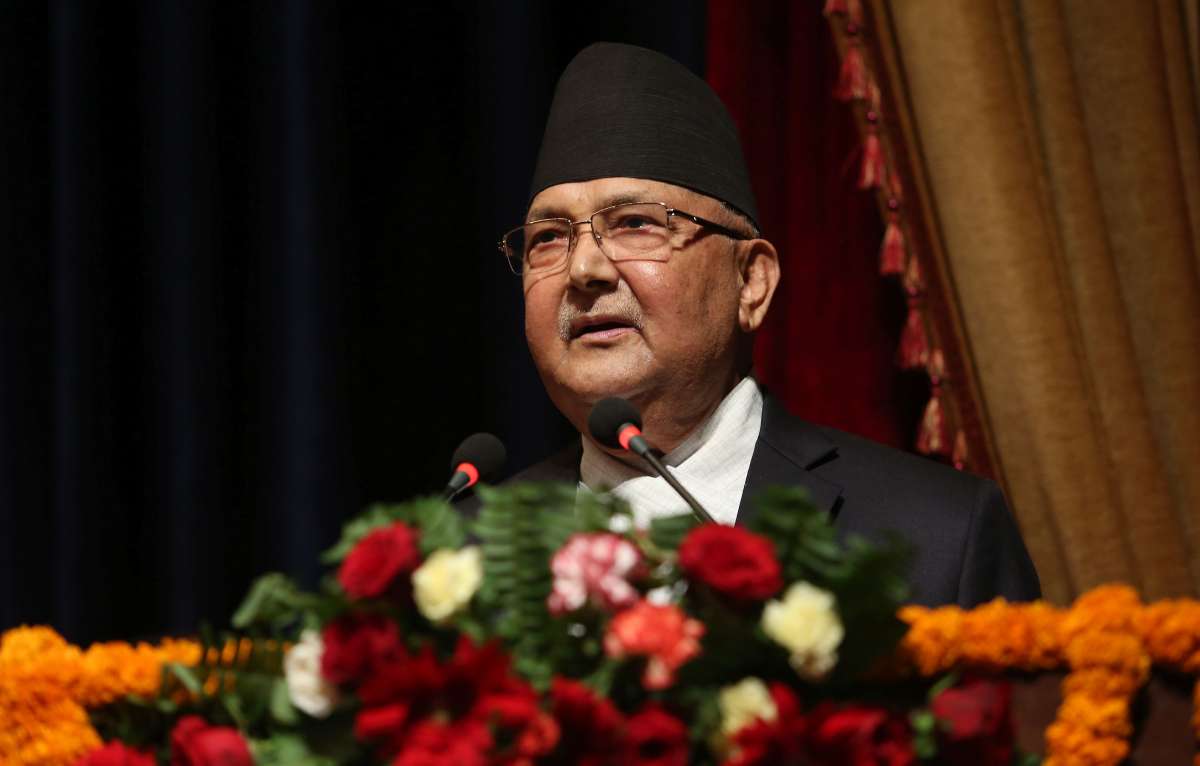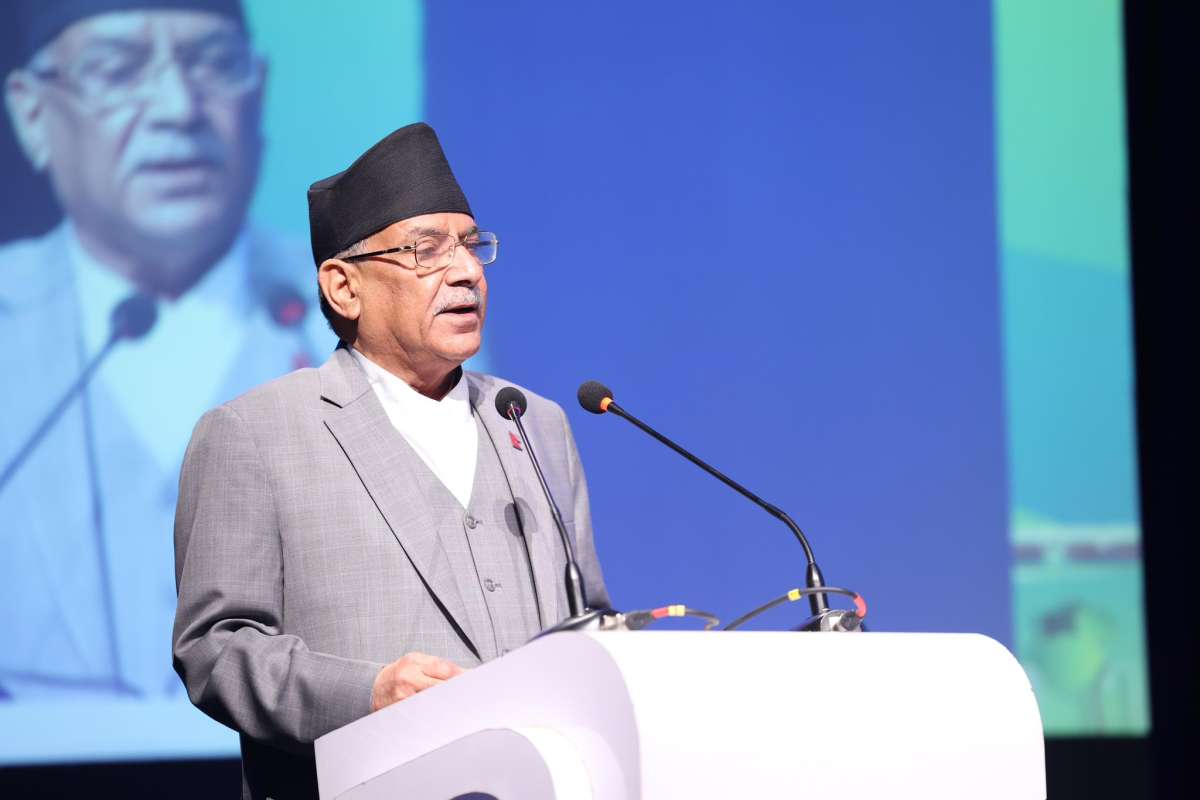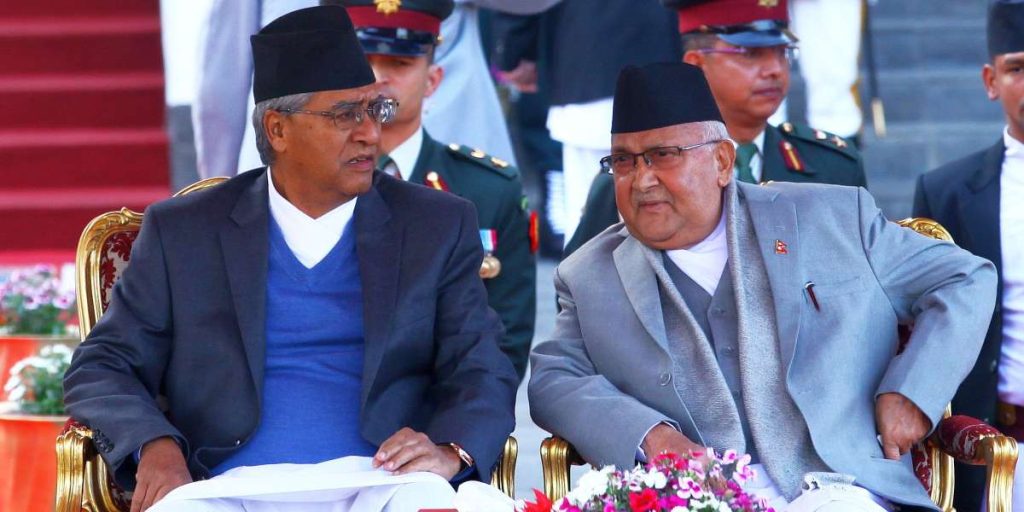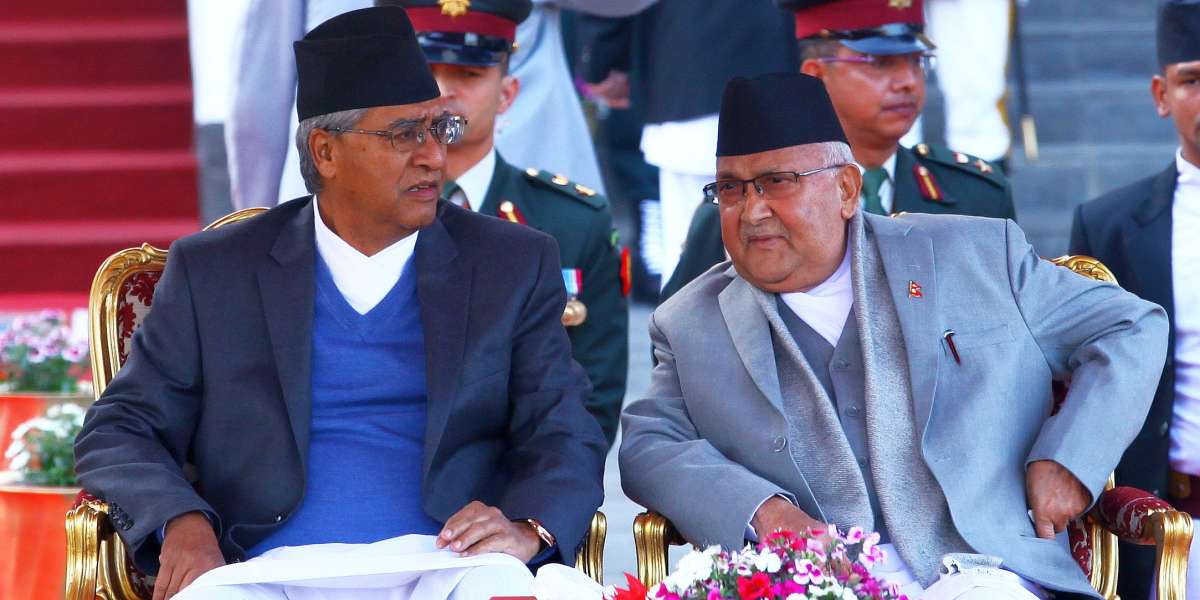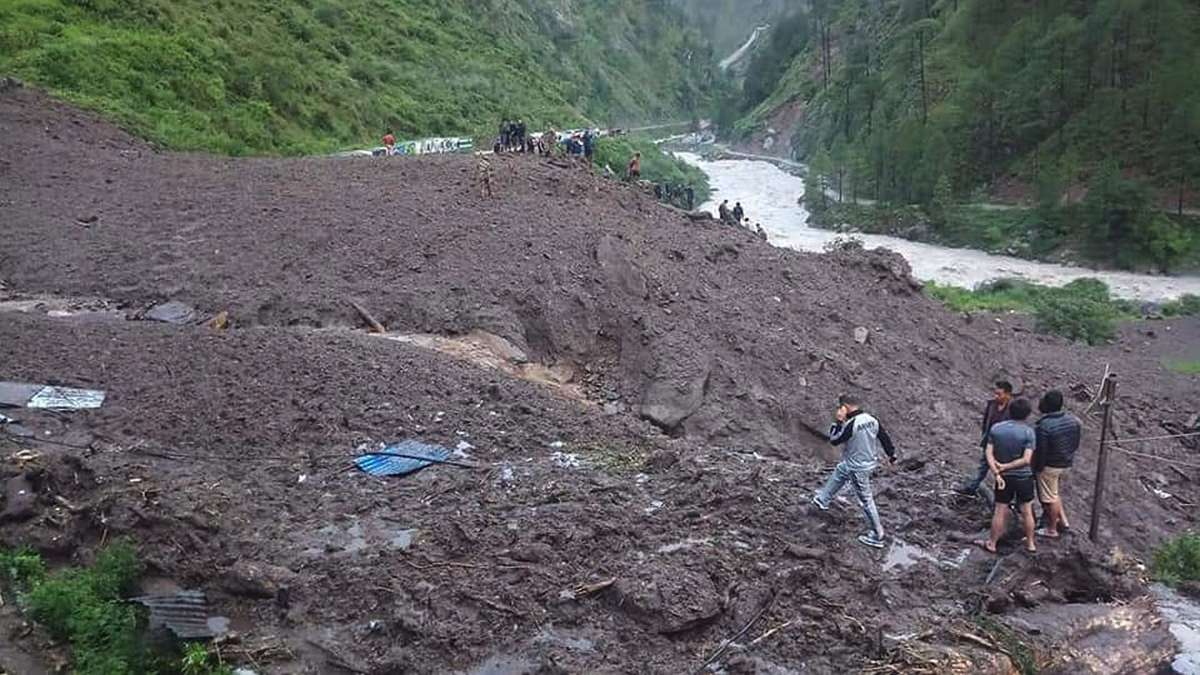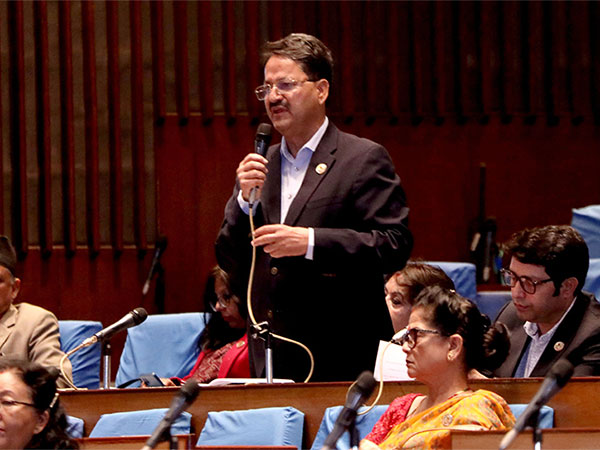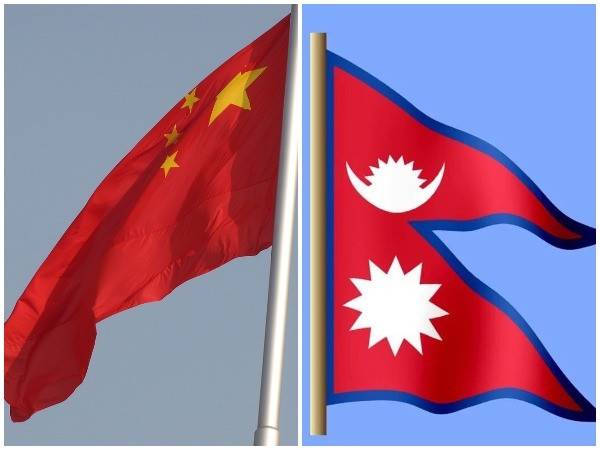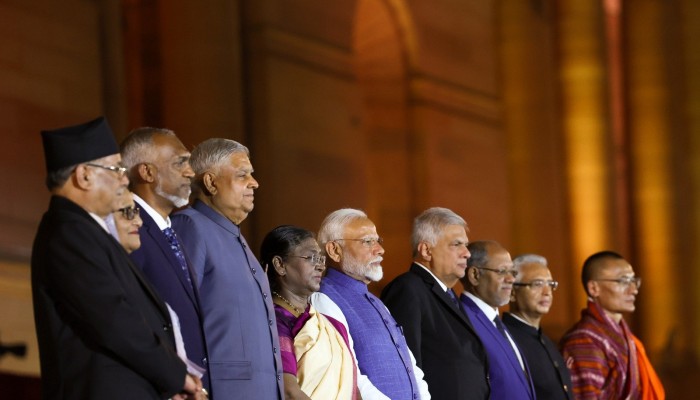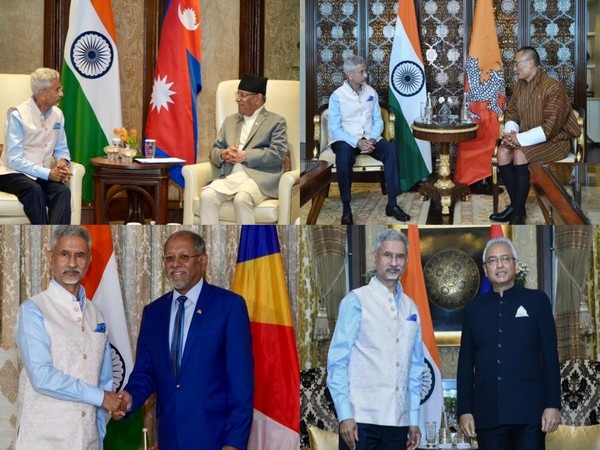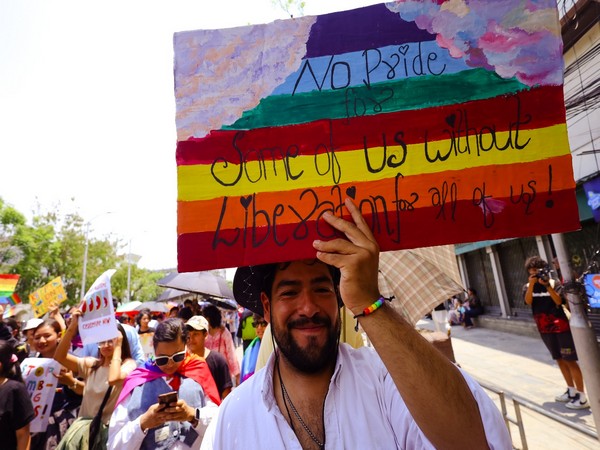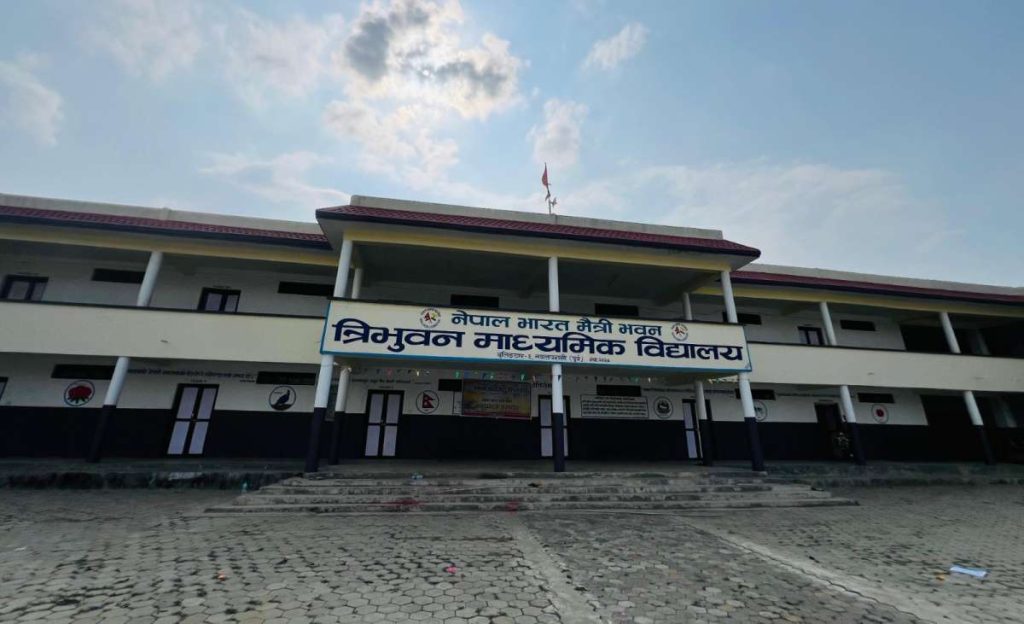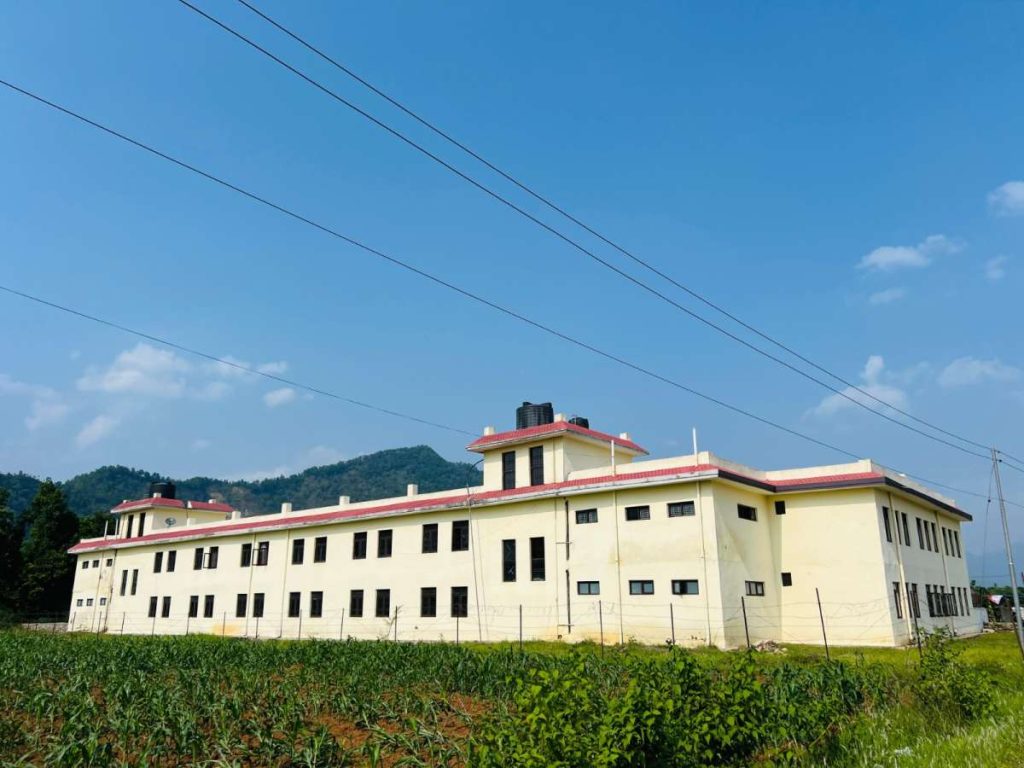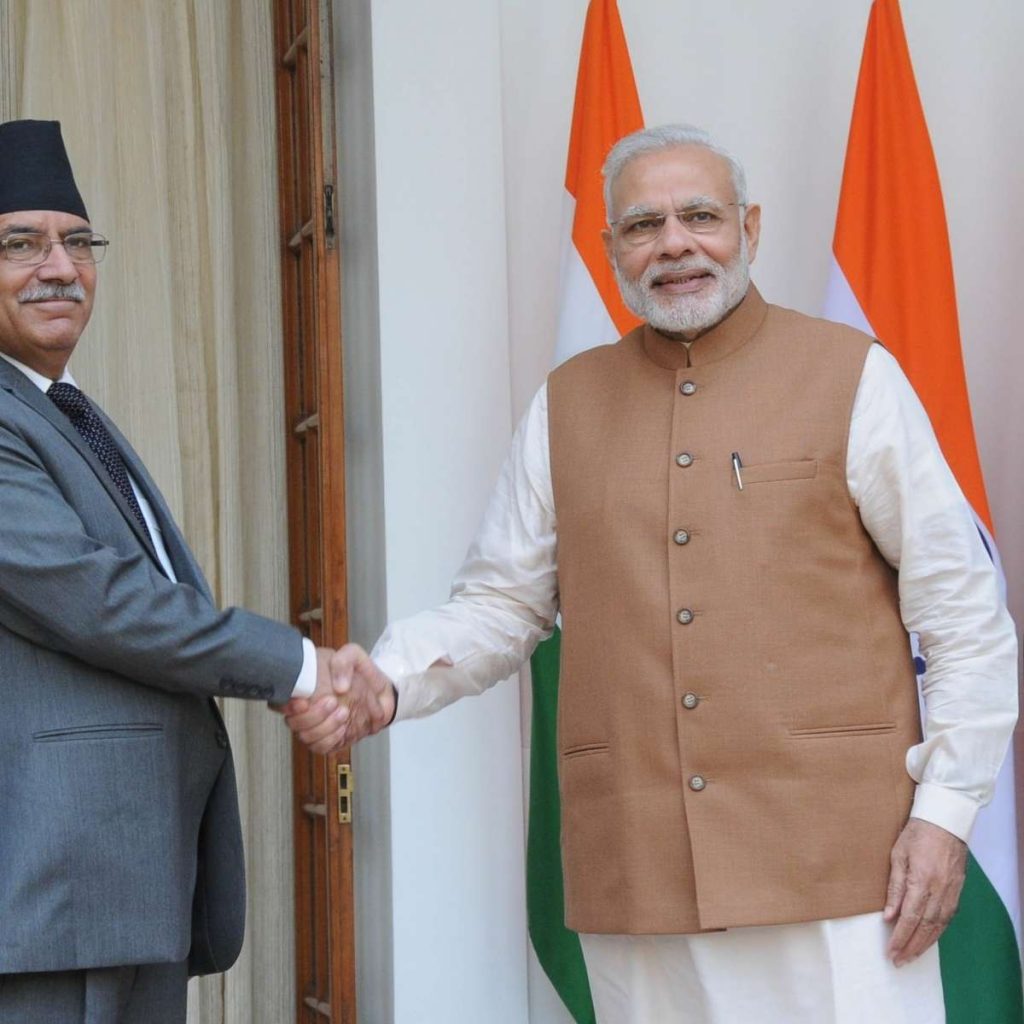The UML and Congress on Monday night agreed to form a new government…reports Asian Lite News
The Communist Party of Nepal- Unified Marxist Leninist (CPN-UML) under the leadership of KP Sharma Oli on Monday gave a 24-hour ultimatum to Nepal PM Pushpa Kamal Dahal ‘Prachanda’ to step down from the post.
The secretariat meeting held late in the evening decided to urge Prime Minister Dahal to step down. The meeting also has decided to hold the resignation of the ministers until the given time.
“The party secretariat meeting held at the party office has decided to call on the Prime Minister to step down from the post within 24 hours paving the way for the formation of a new government. The new government will be formed in line with the agreement sealed between the Nepali Congress and the CPN-UML as per Clause 76 (2) of the Nepal constitution. The ministers would resign from the post on Thursday morning and the party will formally withdraw the support extended to the incumbent government,” Yogesh Bhattarai, Secretary of CPN-UML told ANI.
The meeting further urged all political parties to bolster political stability by participating in the ‘national consensus’ government under chair KP Sharma Oli’s leadership.
The UML and Congress on Monday night agreed to form a new government. Oli would lead a new ‘national consensus’ government for a year and a half. For the remaining term, ex-PM Sher Bahadur Deuba will be the prime minister.
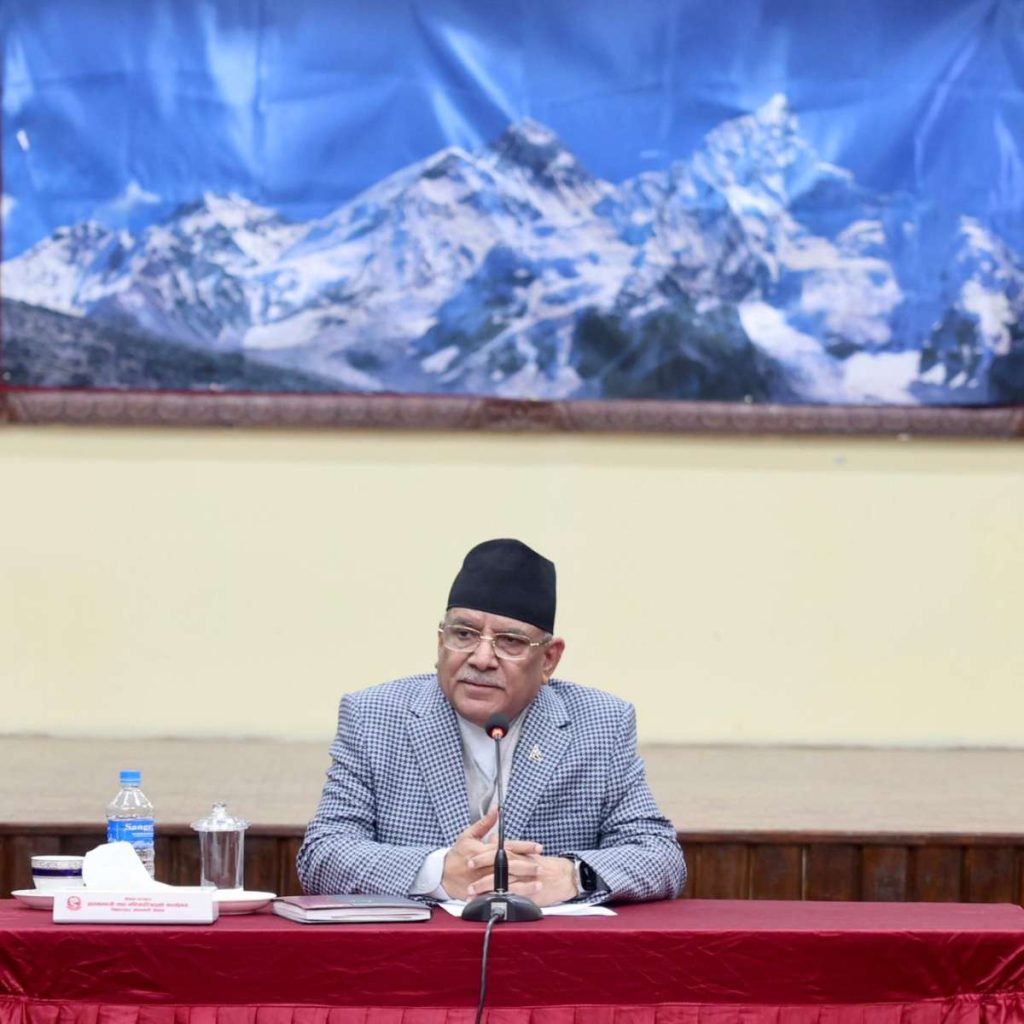
Prime Minister Dahal expressed reluctance to resign immediately. The office-bearers’ meeting of the CPN (Maoist Centre) held in Baluwatar on Tuesday decided that the Prime Minister will not tender his resignation but instead face a trust vote in Parliament within 30 days since the retraction of support.
The latest decision of the PM comes after the Nepali Congress and CPN-UML have struck a midnight deal to form a new alliance. As per the agreement signed in between Congress President Sher Bahadur Deuba and the UML Chairman KP Sharma Oli, an agreement of sharing one and half year’s tenure each has been reached in between the leaders till the next elections.
A committee is also formed to suggest amendments to the election procedures and the constitution under the leadership of former Chief Justice Kalyan Shrestha.
In the overnight agreement, the largest and the second largest party in the parliament drafted a constitutional amendment agreement where it was stated that the Vice President would be made the chairman of the National Assembly.
Leaders from the Congress and the UML informed President Ram Chandra Paudel about the change in coalition.
During the meeting, the leaders informed the President about activating Section 76 (2) to form a new government in case the incumbent Prime Minister fails to win the vote of confidence after UML withdraws its support. (ANI)
ALSO READ: Oli to return as Nepal PM after midnight coalition deal

